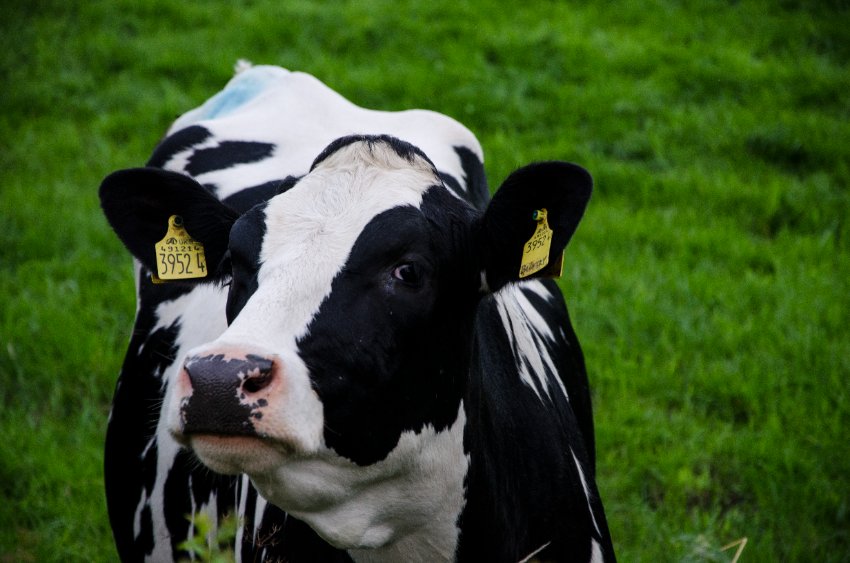
Beef and dairy farmers prioritise animal health as the number one care factor on their farms, ahead of milk and beef price, according to a new survey.
While milk and beef prices came a close second, beef and dairy producers also rate animal happiness as one of the most important care factors on their units.
Based on the average response from the total responses received, cow health was the most important factor for dairy farmers (18%), ahead of milk price (15%) and cow happiness at 14%.
Beef producers scored similarly, with animal health at 20%, ahead of beef price and animal happiness, both at 16%.
The survey was commissioned by supplier KW Feeds, to understand farmers attitudes to their herd, feeding and feed strategies amid unprecedented price increases.
“What this survey reveals, is that refreshingly our farmers are recognising the direct correlation between a healthy, happy herd, and a profitable herd,” says the firm's ruminant technical manager, Georgie Croxford.
Across beef and dairy producers, 81% of farmers said the origin of feeds and carbon footprints was of importance, with 95% of those giving that rating aiming to buy British where possible.
This is despite the majority of respondents (66%) not yet required to meet sustainability requirements, or environmental goals, as part of their contract.
Only 50% are currently being asked to measure their carbon footprint on farm via a variety of audit requirements, mainly managed by milk processor assessments.
With 85% of dairy farmers incorporating grazing into their feeding system, and most beef farmers grazing within the lifecycle of the animal, the types of feeds used on farm was similar, with dairy farmers mainly feeding compound (78%) and blend (59%) in their rations. Beef farmers mainly fed straights (60%).
Despite spiralling input and production costs, most respondents (74%) were not planning to change their current feeds.
However, of those that were, almost half (47%) said they wanted to utilise more grass and forage.
However, the long dry summer has resulted in tight forage supplies and variable quality silage as we head into winter feeding, Ms Croxford warned.
“Forage does need to be supplemented with minerals, energy and protein sources,” she says.
“British co-products, for example, such as rapeseed expeller NovaPro and Vivergo wheat distillers, can help improve protein utilisation and enable producers to make the most out of rations based on forage or grass silage.”
